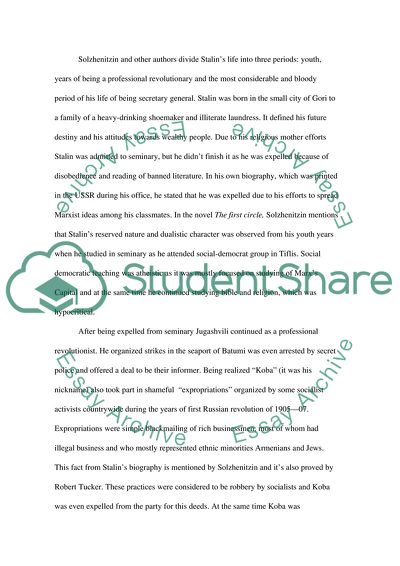Cite this document
(“Stalin Essay Example | Topics and Well Written Essays - 1750 words”, n.d.)
Stalin Essay Example | Topics and Well Written Essays - 1750 words. Retrieved from https://studentshare.org/history/1535608-stalin
Stalin Essay Example | Topics and Well Written Essays - 1750 words. Retrieved from https://studentshare.org/history/1535608-stalin
(Stalin Essay Example | Topics and Well Written Essays - 1750 Words)
Stalin Essay Example | Topics and Well Written Essays - 1750 Words. https://studentshare.org/history/1535608-stalin.
Stalin Essay Example | Topics and Well Written Essays - 1750 Words. https://studentshare.org/history/1535608-stalin.
“Stalin Essay Example | Topics and Well Written Essays - 1750 Words”, n.d. https://studentshare.org/history/1535608-stalin.


